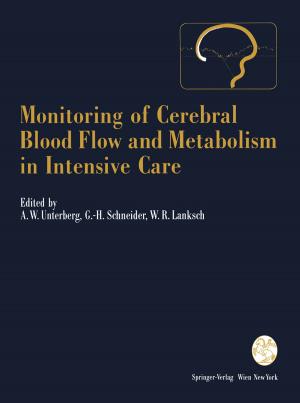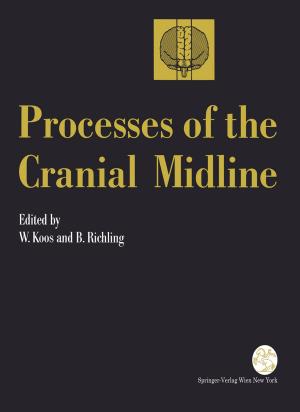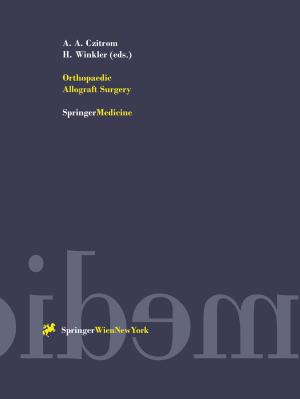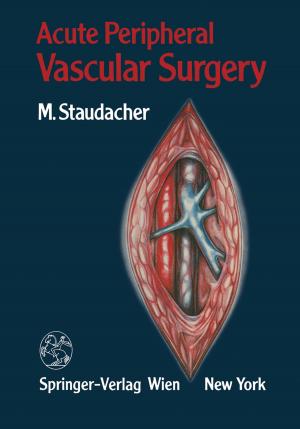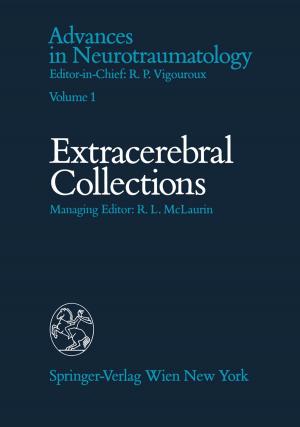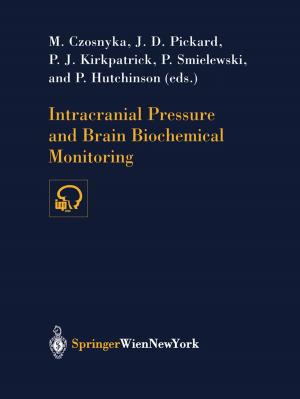Birth, Life and Death of Dopaminergic Neurons in the Substantia Nigra
Nonfiction, Health & Well Being, Medical, Specialties, Internal Medicine, Neurology| Author: | ISBN: | 9783211926604 | |
| Publisher: | Springer Vienna | Publication: | September 2, 2009 |
| Imprint: | Springer | Language: | English |
| Author: | |
| ISBN: | 9783211926604 |
| Publisher: | Springer Vienna |
| Publication: | September 2, 2009 |
| Imprint: | Springer |
| Language: | English |
This book provides a unique and timely multidisciplinary synthesis of our current knowledge of the anatomy, pharmacology, physiology and pathology of the substantia nigra pars compacta (SNc) dopaminergic neurons. The single chapters, written by top scientists in their fields, explore the life cycle of dopaminergic neurons from their birth to death, the cause of Parkinson's disease, the second most common and disabling condition in the elderly population. Nevertheless, the intracellular cascade of events leading to dopamine cell death is still unknown and, consequently, treatment is symptomatic rather than preventive. The mechanisms by which alterations cause neuronal death, new therapeutic approaches and the latest evidence of a possible de novo neurogenesis in the SNc are reviewed and singled out in different chapters. This book bridges basic science and clinical practice and will prepare the reader for the next few years, which will surely be eventful in terms of the progress of dopamine research.
This book provides a unique and timely multidisciplinary synthesis of our current knowledge of the anatomy, pharmacology, physiology and pathology of the substantia nigra pars compacta (SNc) dopaminergic neurons. The single chapters, written by top scientists in their fields, explore the life cycle of dopaminergic neurons from their birth to death, the cause of Parkinson's disease, the second most common and disabling condition in the elderly population. Nevertheless, the intracellular cascade of events leading to dopamine cell death is still unknown and, consequently, treatment is symptomatic rather than preventive. The mechanisms by which alterations cause neuronal death, new therapeutic approaches and the latest evidence of a possible de novo neurogenesis in the SNc are reviewed and singled out in different chapters. This book bridges basic science and clinical practice and will prepare the reader for the next few years, which will surely be eventful in terms of the progress of dopamine research.



